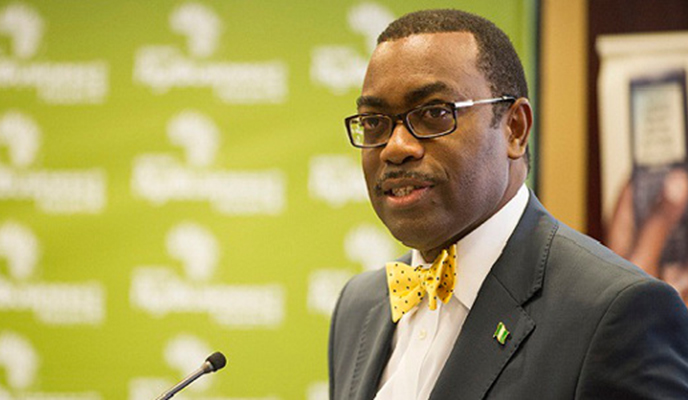
Africa should mobilise domestic resources to be able to determine its direction and pace of growth as borrowings from the international capital markets risk putting the continent in a debt trap, African Development Bank (AfDB) president Akinwumi Adesina has said.
BY NDAMU SANDU IN SHARM EL SHEIKH, EGYPT
In his keynote address at the Africa 2016 business conference on Saturday, Adesina said while countries have issued bonds to raise financing on the international capital markets, the challenge now was the rising cost of financing the foreign currency denominated debt.
“Africa must tap into and securitise remittances for development. Africans investing in Africa sends a powerful signal: remittances to Africa have risen from $1 billion in 2000 to over $64 billion in 2014 far exceeding official development assistance inflows,” he said.
“Sovereign wealth fund assets under management in Africa have risen from $114 billion in 2009 $162 billion in 2014. Pension to currently stand at $334 billion… today Africa generates about $500 billion in domestic taxes. Africa must mobilise these domestic resources to accelerate its development — that way it can decide its own direction and pace of growth.”
His remarks came as a number of African countries have sought financing on the international capital markets through issuing Eurobonds in response to the prevailing low interest rates. A number of African countries have issued Eurobonds worth $26 billion in the period 2006 to 2014 to plug the challenge of financing, which afflicts a number of countries on the economy.
Falling commodity prices have left these countries with a tough task to service the debts.
- Chamisa under fire over US$120K donation
- Mavhunga puts DeMbare into Chibuku quarterfinals
- Pension funds bet on Cabora Bassa oilfields
- Councils defy govt fire tender directive
Keep Reading
Zimbabwe has in the past said it would have accessed the international capital markets for cheap funds to reboot the economy, but was hamstrung by the over $8 billion external debt that has blocked the flow of lines of credit. Plans to clear the external debt have started, with Zimbabwe promising to clear its $1,8 billion arrears by June 30 to the three preferred creditors — AfDB, International Monetary Fund and the World Bank.
He said African countries should focus on macroeconomic stabilisation and fiscal consolidation, diversify their economies, broaden the export market destinations and export mix.
He said AfDB would continue supporting African countries in their quest to accelerate the pace of growth and development.
Last year, the bank approved projects worth $9 billion of which about $2,2 billion was for those in the private sector. The 2016 Africa Conference ended yesterday in the Egyptian resort and brought together business and government officials from the continent and abroad.












